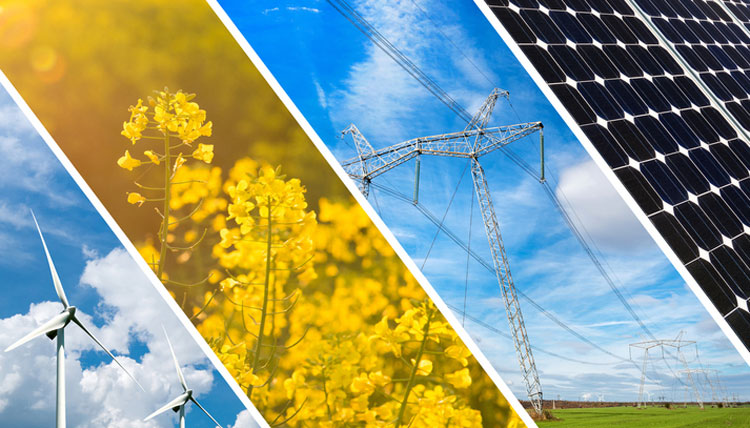The Diplomat
With the aim of incorporating the opinion and proposals of society to gather ideas for improvement on EU energy policy and Spain’s role, the Fundación Carlos de Amberes has launched a platform for citizen participation, in which individuals, experts and organisations can debate, contribute ideas and create proposals on the future of energy.
The global energy order is undergoing an unprecedented crisis, the war in Ukraine and the climate emergency have triggered the need for urgent change. This issue is a priority for the European Union, which has the opportunity to create an energy policy that boosts its strategic autonomy and leadership in sustainability. Within this framework, Spain can become a benchmark in renewable energies, such as green hydrogen.
Citizen participation is a key pillar in the construction of the European Union, a trend that gained momentum when Angela Merkel and Emmanuel Macron presented the idea of “citizens’ consultations” at the 2017 European Council, and which seeks to promote an open and public dialogue that gives citizens a voice.
This citizen participation platform, carried out with the support of the Ministry of Foreign Affairs, European Union and Cooperation and the State Secretariat for the European Union, is part of a broader project, which will include a day of debates on 27 September with experts in the field, such as Miguel Arias Cañete (European Commissioner for Energy 2014-2019 and Minister of Agriculture, Fisheries and Food 2011-2014), Pilar del Castillo (Member of the European Parliament’s Committee on Industry, Energy and Digital Technologies and Vice-President of the European Energy Forum), Natalia Fabra (Professor of Economics and Director of EnergyEcoLab) and Cristina Lobillo (Director of Energy Policy at the European Commission).
The aim of the project is to encourage reflection among experts and citizens with the capacity to influence the EU by convening a face-to-face conference and to feed the debate through this online platform open to society. The final result will generate a document containing the elements suggested by the speakers, experts and civil society, which will feed the Spanish Presidency of the Council of the EU during the second half of 2023. The participatory process will be open until 30 September 2022.





